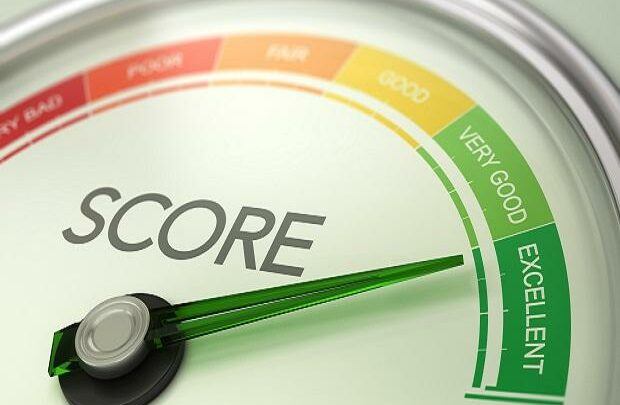Finance
Can I get a credit card with a low CIBIL score?

Improving your CIBIL score can take time. In a situation of emergency, having to wait for long periods to improve your CIBIL score, and then procure a credit card makes no sense. Lately, frequent questions on whether it is possible to attain a credit card with a low CIBIL score have been entered into Google search engines.
To save you the trouble of having to read several articles to find out the answer, we explain how you can obtain a credit card, even with a paltry CIBIL score.
What is a CIBIL Score?
A CIBIL score is a credit score that ranges between 300 and 900 and depicts how well you deal with your credit. If you are more credit responsible, this number will be higher. An individual that owns a credit score of 700 and above can easily garner a loan or a credit card. In simple words, a CIBIL score acts as an individual’s credit profile in quantitative figures.
Credit Card Eligibility with a Poor CIBIL Score
With a low CIBIL score, it may be difficult to easily get a hold of a credit card. However, after recognising that some individuals need credit cards to mitigate certain dire situations, banks and credit granters have come up with a solution for this kind of problem. While you may not be eligible to hold a standard credit card, there are certain types of credit cards that you can hold that serve as a credit score building tool.
Secured Credit Cards: Standard credit cards are also termed ‘unsecured credit cards’. They are very different from secured credit cards. Secured credit cards are generally recommended to those individuals who have a bad credit history. These credit cards are also known as credit cards for low CIBIL score owners. They are easily granted in comparison to unsecured credit cards.
To apply for a secured credit card, you have to provide your pertinent bank or credit issuer with collateral in the form of an upfront cash deposit that will be used in case you miss a credit card bill payment. An upfront cash deposit (such as a fixed deposit) is the most common form of collateral provided to credit granters. However, other high-value assets can also replace these cash deposits.
Based on the value of the collateral you provide, your credit limit will be declared. The collateral is provided to dispense relief to banks in situations of credit default. Unsecured credit cards or conventional credit cards do not require the provision of any collateral to obtain the credit card. Other than this one difference, this type of credit card works much in the same way that an unsecured credit card operates.
Unsecured Credit Cards with High Interest Rates: Certain credit granters do provide their customers with unsecured credit cards that do not require the provision of any collateral.
However, to assure the card issuer that you can pay the monthly credit card bill on time, you would most likely have to apply for an unsecured credit card that comes with a high maintenance fee and/ or a high interest rate. The reason for this is to provide the card issuer with a backup in case you do not make a bill payment on time.
Complimentary or Add-on Credit Cards: An add-on credit card refers to a supplementary credit card. If you have a family member that owns a primary credit card, a supplementary credit card can be issued in your name. The only restriction that you will have to deal with is the splitting of the credit limit between your supplementary credit card and your family member’s primary credit card. These cards, unlike the others mentioned on this list, are easier to obtain. It is easily provided if the primary family member’s credit score is good. This type of credit card can be applied for online.
Credit Cards issued against Savings Accounts: Very few financial institutions provide credit cards against savings accounts. It works similarly to secured credit cards in the sense that the savings account acts as a sort of collateral for the credit grantor in case you miss making a payment. Funds can easily be taken out of your savings account to pay for the bill. However, very few individuals opt for this type of credit card.
Prepaid Credit Cards: As the name suggests, this refers to a credit card that you pay for in advance. The credit limit on this kind of card is set based on the amount you prepay. While it is very similar to a debit card, it still comes with all the benefits that credit cardholders have in terms of its comprehensive reward structure. If you are an individual who finds it difficult to keep track of credit card bill payments, then this is a recommended credit card investment. It will also help you become more credit responsible and improve your CIBIL score in order to ultimately procure a conventional credit card.
One of the best credit cards you can own today is the Bajaj Finserv RBL Bank SuperCard. With the power of four cards in one, this card extends greater convenience. Additionally, you can choose from among 11 variants as per your spending patterns and habits, and avail several benefits such as interest-free ATM withdrawals for the first 50 days, and getting a personal loan against the credit limit for 90 days.





